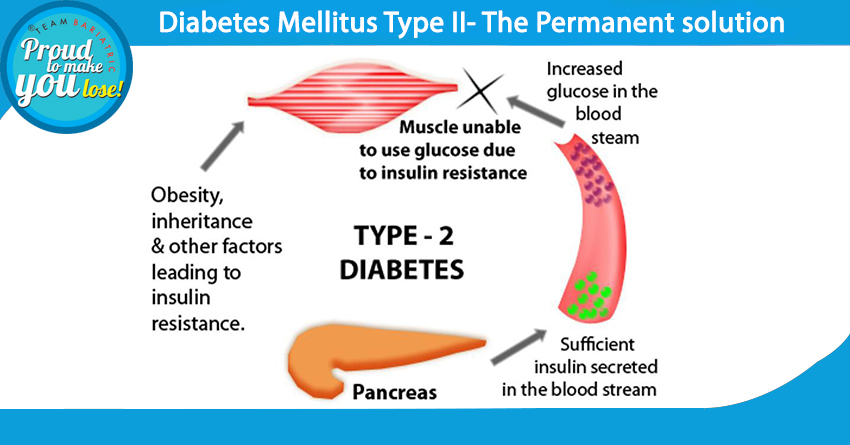
Addressing the Growing Emergency of Diabetes Mellitus Type 2: The Role of Metabolic Surgery
With the increase in obesity during the last few years all over the world, type 2 diabetes mellitus has emerged as one of the largest emergencies related to obesity.
There are various treatment options for type 2 diabetes starting from lifestyle and dietary modifications to various drug schedules including insulin therapy.
The Rise of Metabolic Surgery
These days, metabolic surgery has emerged and is accepted as a new step in the therapeutic regimen for T2DM when lifestyle modifications and drugs don’t give the required sugar control.
Metabolic surgery involves food re-routing through modifications of the gastrointestinal tract by laparoscopic or Robotic approach, it is safe and effective for the treatment of diabetes mellitus type 2. Metabolic surgery is being considered as the only permanent solution for diabetes these days.
Not only Diabetes, this surgery has also been seen to reduce other cardiovascular risk factors (cholesterol and blood pressure) when compared with medical treatment.
The Importance of Cardiovascular Health
According to WHO high blood pressure and tobacco use are the greatest cause of premature deaths; therefore, it becomes more important to focus on preventing cardiovascular complications related to high blood glucose and cholesterol.
Evidence from Global Studies
Several studies done all over the world have demonstrated that metabolic surgical procedures improve blood glucose levels independently of weight loss and also have a positive impact on blood cholesterol and blood pressure, with a very good long-term effect on cardiovascular morbidity and mortality.
Gastrointestinal surgery for the specific intention to treat T2DM was first recommended at the 2007 Diabetes Surgery Summit.
Guidelines for Metabolic Surgery and Their Implications
After going through various studies, the American Diabetes Association has recommended and formed certain guidelines on metabolic surgery for adult patients with type 2 diabetes.
They have expanded the indications for metabolic surgery to include patients with inadequately controlled type 2 diabetes who have a BMI as low as 30 kg/m2 (27.5 kg/m2 in Asians).
With the present guidelines, metabolic surgery is considered a permanent solution for type 2 diabetes and metabolic disease.
Surgery Options for Non-Obese Patients
Not only in the obese, the need for control of diabetes in non-obese patients led to the development of Ileal Interposition surgery or Duodenojejunal bypass surgery. These can be performed in thin type 2 diabetics with BMI as low as 27.5 kg/m2 as well as those who had undergone supervised treatment schedules but still have poorly controlled disease.
However, these surgeries must be performed in specialized centers and in expert hands where these procedures are being performed regularly with long follow-up schedules.
Looking for diabetes surgery in India? Consult Prof. (Dr.) Atul N.C Peters at Smart Cliniqs for the metabolic treatment of diabetes in India.





